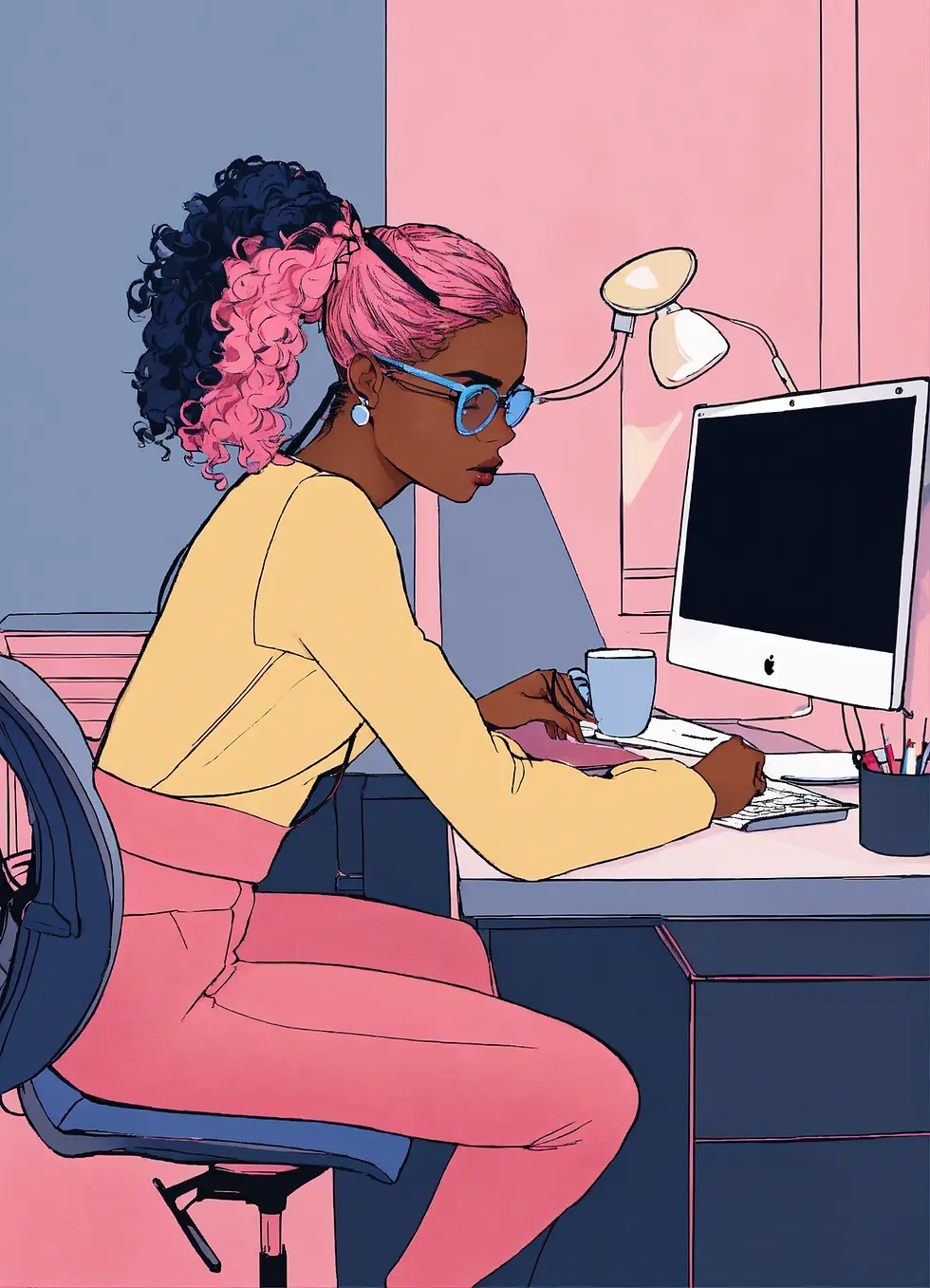No Rate Cuts: What That Means for Your Money Now
- staff5490
- Sep 12, 2025
- 2 min read

Lately, it feels like everything from groceries to a new car loan is expensive. A big reason for this is that the Federal Reserve (the US central bank) has been keeping interest rates at their highest level in over 20 years. Their goal is to fight inflation, but this decision has a direct and real impact on your daily finances.
Here’s a breakdown of how this affects you in a practical way.
1. Your Credit Card Debt is More Expensive: This is the most immediate effect. The interest rate on your credit card is directly influenced by the Fed's decisions. Because their rate is so high, the national average credit card interest rate is now over 21%. If you carry a balance from month to month, you are paying a lot more in interest charges. This makes debt harder to pay off.
2. Getting a Mortgage is Still Tough: If you were hoping for low mortgage rates to return soon, you will likely have to wait much longer. High rates mean the monthly payment for a new house is significantly more expensive than it was just a few years ago. This has frozen the housing market: new buyers can't afford to get in, and current owners with very low existing rates don't want to sell and take on a new, higher rate. It's a difficult situation for everyone.
3. Car Loans and Personal Loans Cost More: Just like with mortgages, the cost to borrow money for a car or a home improvement project is high. Lenders charge more to give out loans. This means your monthly payment will be higher, making these large purchases less affordable.
The One Positive: Your Savings Can Finally Earn Money
There is a clear upside to higher rates for regular people. For the first time in years, your savings account can actually work for you.
High-Yield Savings Accounts (HYSAs) offered by online banks are paying over 4% interest, and some are even near 5%.
Certificates of Deposit (CDs) are also offering very strong returns if you can lock your money away for a set period.
This is important. If your savings are in a traditional big bank account, you are probably earning almost nothing. Moving your emergency fund to a high-yield savings account is one of the simplest and smartest moves you can make right now.
What Should You Do?
Focus on paying down high-interest debt, especially credit cards. This is the best financial return you can get right now.
Shop around for your savings. Don't leave your cash in a low-interest account. Move it to a high-yield account to earn more money.
Be realistic about big purchases. Understand that borrowing money is expensive now. Make sure your budget can handle the higher monthly payments that come with current loan rates.
Economy is in a tricky transition period. While the Fed works to control inflation, these are the real-world consequences. By understanding them, you can make smarter decisions with your money.




Comments